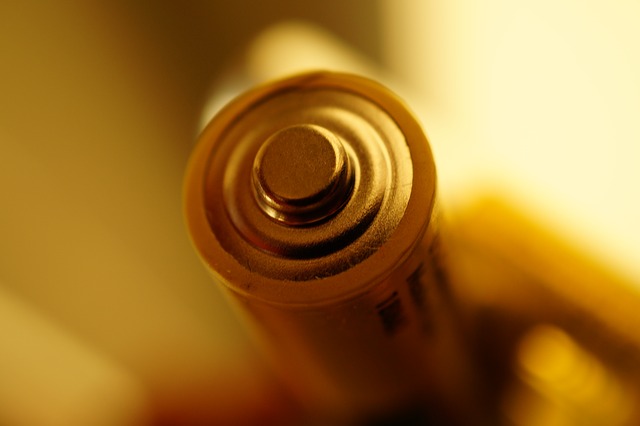
These days, majority of electronic devices including cellphones, tablets, laptops and even cars are powered by a type of battery known as Lithium-Ion (Li-Ion). While this type of battery is quite powerful, it’s got a major problem since it’s sort of a fire risk. In fact, some owners of the famous exploding Samsung Galaxy Note 7 are well aware of this aspect. So it is this kind of risk that has been driving researchers to find alternative ways to make better and safer batteries. And one of the most feasible ones is a zinc-nickel battery.
Zinc is an ideal battery material because it’s cheap, widely available, and it has features that are quite electrochemically favorable. A zinc battery will be considerably safer since it uses water-based electrolytes instead of flammable, organic ones like those used in standard Li-Ion batteries. The downside, however, is this: the use of aqueous electrolytes causes the battery to rapidly fail.
Every time the battery is recharged, the zinc atoms pile up on one of the electrodes, causing the formation of dendrites (conductive wire-like structures) that can multiply quickly, damaging the separator between the electrodes. When this happens, the dendrites connect the positive and negative terminals, thus short-circuiting the battery. And this is why zinc is only good for single-use batteries. Until now.
According to scientists in the U.S. Naval Research Laboratory (NRL) Chemistry Division, they have come up with a way to work around this issue, so a zinc battery can become rechargeable rather than disposable. Instead of conventional pressed powder electrodes, they made use of zinc electrodes with a spongelike structure. To make the zinc sponge, they prepared an emulsion of oil and water, added zinc powder to it, heated it, then let the mixture dry overnight until it solidified.
With the zinc electrodes now contained in a spongelike form, the zinc metal oxidizes more uniformly during discharge, distributing current more evenly, thereby preventing the formation of dendrites. Aside from resulting in an extended battery life, the power generated was quite impressive as well.
Specifically, the team says their nickel-zinc battery can run for over 100 charge and discharge cycles when designed to provide the equivalent amount of power that a Li-Ion battery can supply. And when designed for use in hybrid vehicles wherein a small amount of power is discharged then immediately recharged, their battery could complete more than 50,000 cycles.
Recognizing the promising potential of their zinc battery as a viable replacement for Li-Ion batteries because it’s cheaper to make and safer to use, the team has now licensed their invention to EnZinc Inc. — a California-based startup company whose work is focused on developing batteries for consumer electronic devices, electric bikes, hybrid cars and wearables. If they manage to perfect the technology, our problem with flaming and exploding batteries will be over.
As explained by one of the study’s lead authors, Dr. Jeffrey Long, in a press release: “We can now offer an energy-relevant alternative, from drop-in replacements for lithium-ion to new opportunities in portable and wearable power, and manned and unmanned electric vehicles, while reducing safety hazards, easing transportation restrictions, and using earth-abundant materials.”
The study was recently published in the journal Science.

Leave a Reply